According to a recent Forbes report, airlines collected a staggering $33 billion from baggage fees in 2023. U.S. carriers alone amassed $6.7 billion in checked baggage charges—a 26% increase from the previous year.
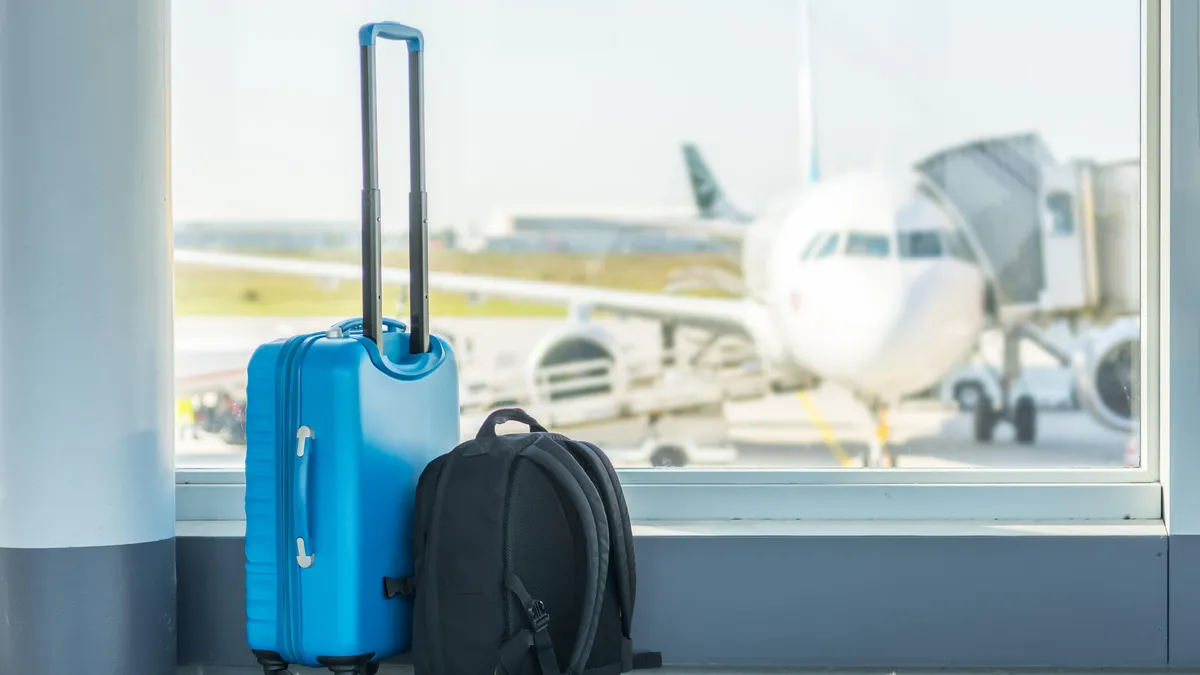
With Southwest Airlines recently announcing the end of its industry-leading free checked bag policy (effective May 1, 2025), the era of widespread complimentary luggage is nearly extinct. As these fees continue to climb, savvy travelers are now seeking effective strategies to avoid these mounting travel expenses.
Paul Stewart, Founder of My Baggage, a global luggage shipping company, shares seven expert tips to help travelers avoid overpaying for airline baggage
Book Baggage Early Online
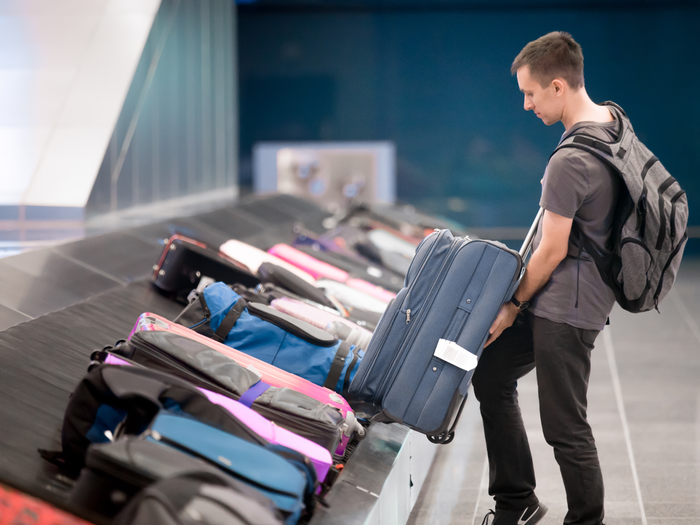
Always add baggage when booking or through the airline’s app well before your flight. Airlines charge substantially higher fees for baggage added at the airport. Booking in advance online can save travelers significant amounts on each checked bag.
Understand Dimensional Weight Policies
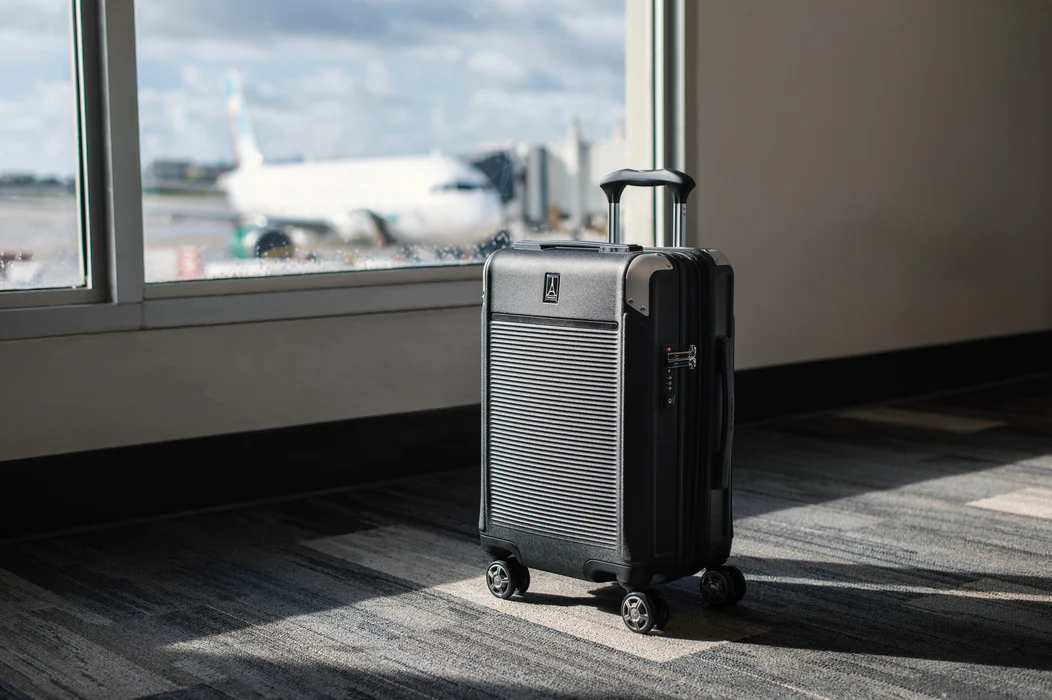
Don’t just focus on weight limits when packing. Airlines calculate fees based on both weight and size (dimensional weight). Measure your luggage dimensions and calculate the dimensional weight before traveling to avoid surprise fees for bulky but lightweight items that take up more space in the aircraft.
Maximize Carry-On Efficiency
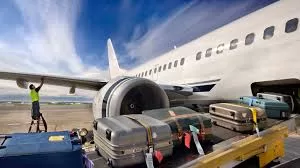
Invest in compression packing cubes and lightweight luggage to maximize carry-on space. Compression techniques can substantially increase usable space, potentially eliminating the need for a checked bag. Remember that items worn on your person (in jacket pockets, etc.) don’t count toward baggage limits.
Beware of Basic Economy Restrictions
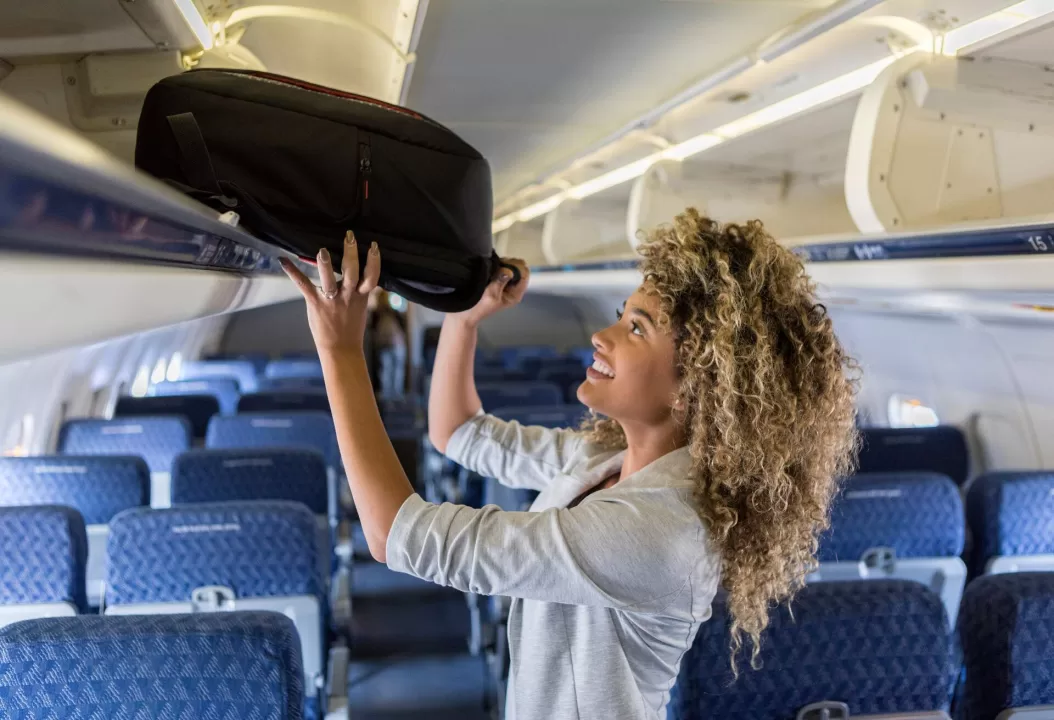
Basic economy fares often exclude carry-on bags or have more restrictive size limitations. Always check the specific baggage allowance for your fare type before booking, as paying for an upgraded fare might be more economical than adding baggage fees to a basic ticket.
Look Beyond the Airline
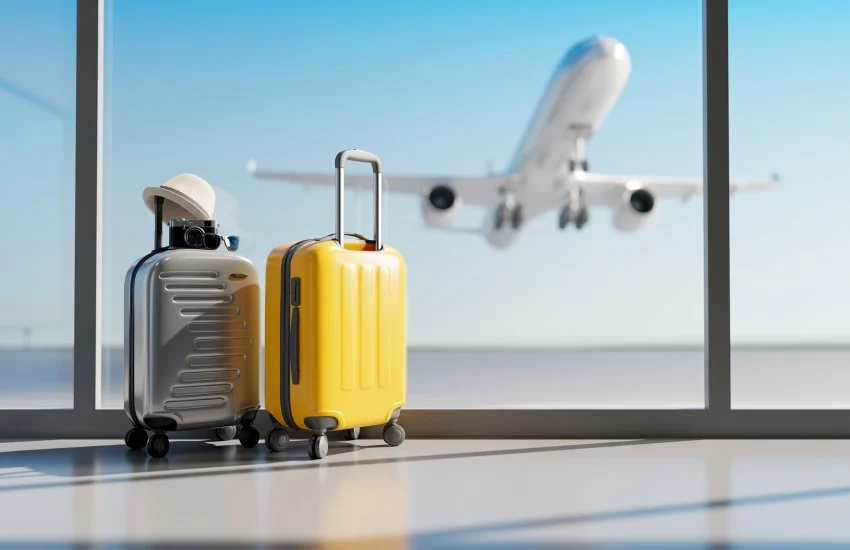
Consider shipping your luggage ahead with specialized luggage delivery services for longer trips or multiple items. These services typically offer door-to-door delivery with transparent pricing and no surprise fees, often costing less than airline-checked baggage, especially for numerous or oversized items.
Use Airline Credit Cards Strategically
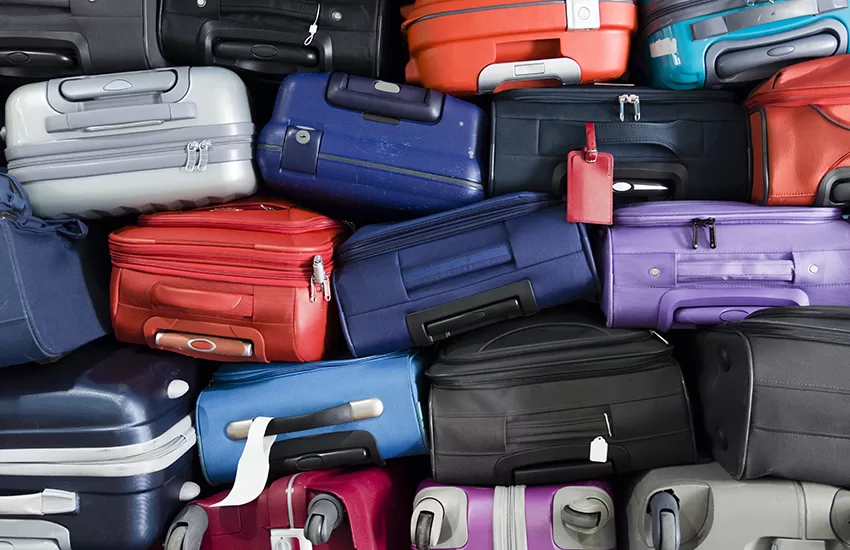
Many airline-affiliated credit cards include free checked bags as a benefit. If you frequently fly with a specific airline, the annual fee for such a card can be offset by baggage fee savings across just a few trips. Some cards extend this benefit to travel companions as well.
Avoid Peak Travel Surcharges
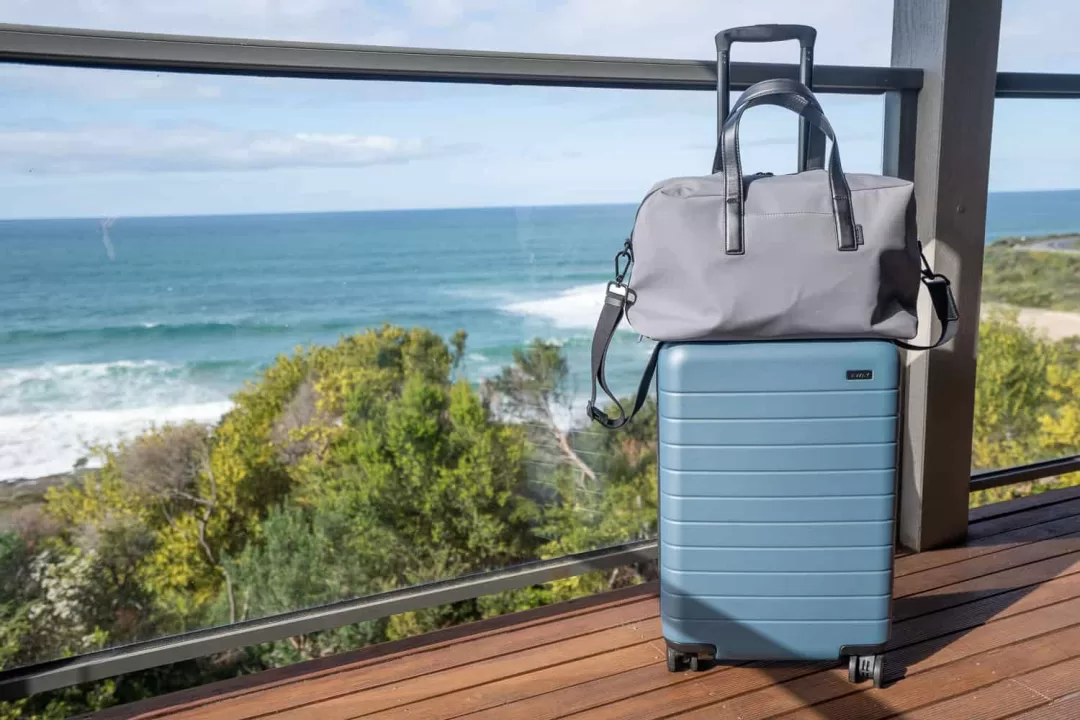
Airlines often increase baggage fees during high-demand periods like summer and major holidays. When possible, travel during shoulder seasons to avoid these premium rates. If you must travel during peak times, be extra vigilant about baggage policies and consider shipping alternatives.
Paul Stewart concludes:
“The key to avoiding excessive baggage fees is preparation and knowledge. Airlines have designed their fee structures to capitalize on last-minute decisions and traveler confusion.
By understanding these policies before booking and exploring all available options, travelers can significantly reduce what they spend on baggage. The difference between prepared and unprepared travelers can amount to substantial savings on every trip.
As baggage policies continue to evolve and fees increase, these strategies become increasingly valuable for budget-conscious travelers who don’t want to compromise on what they bring.”
